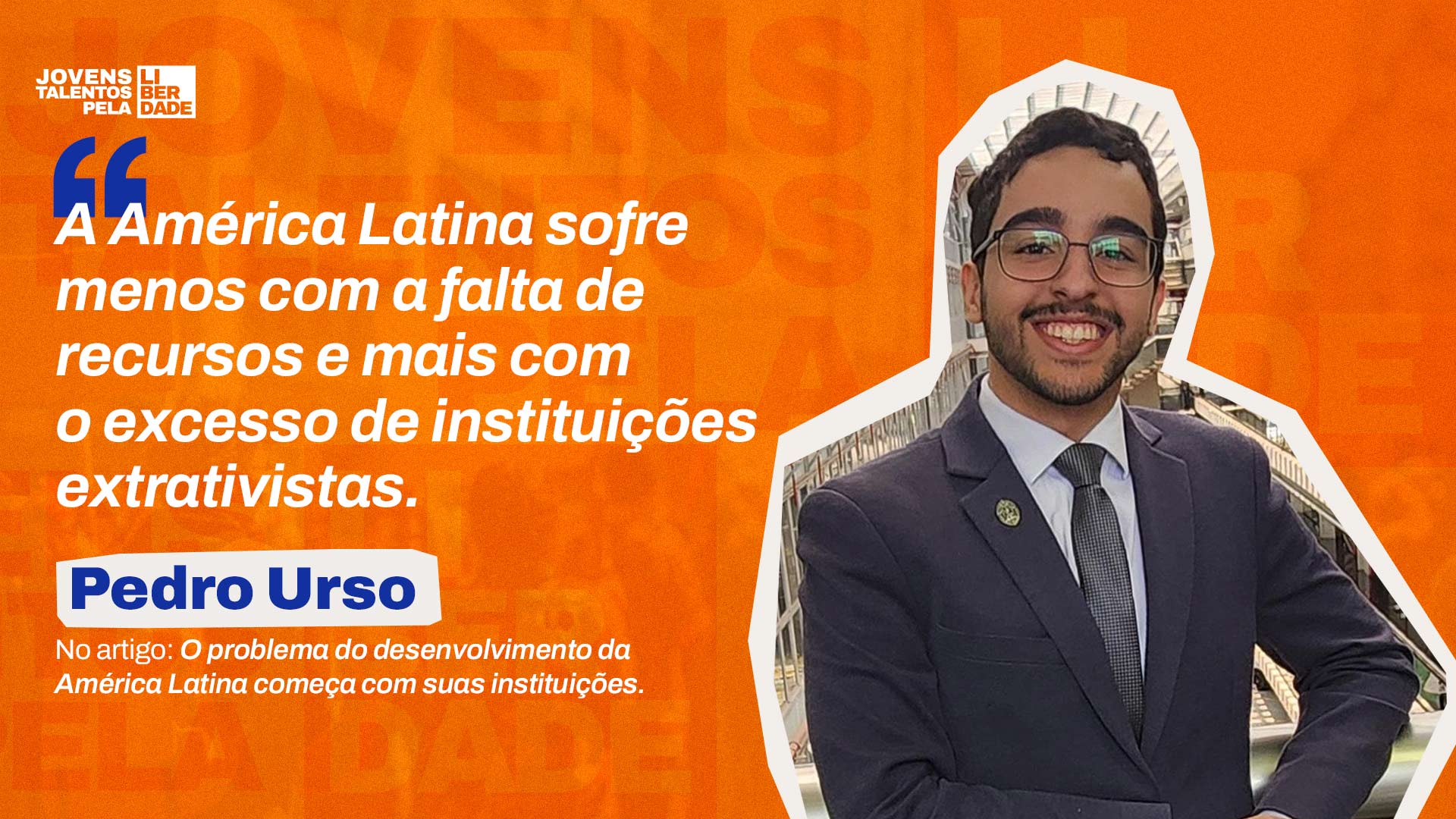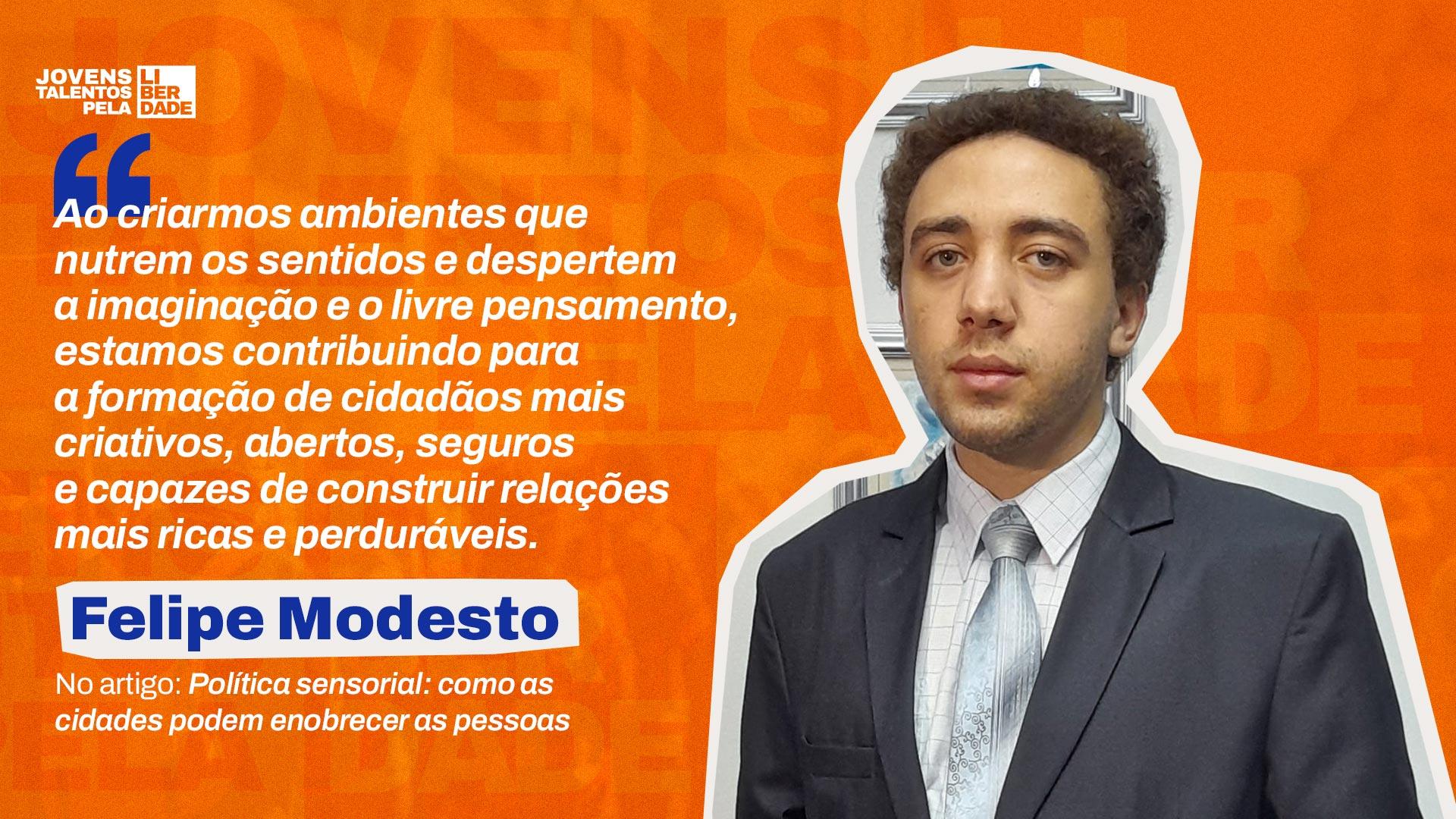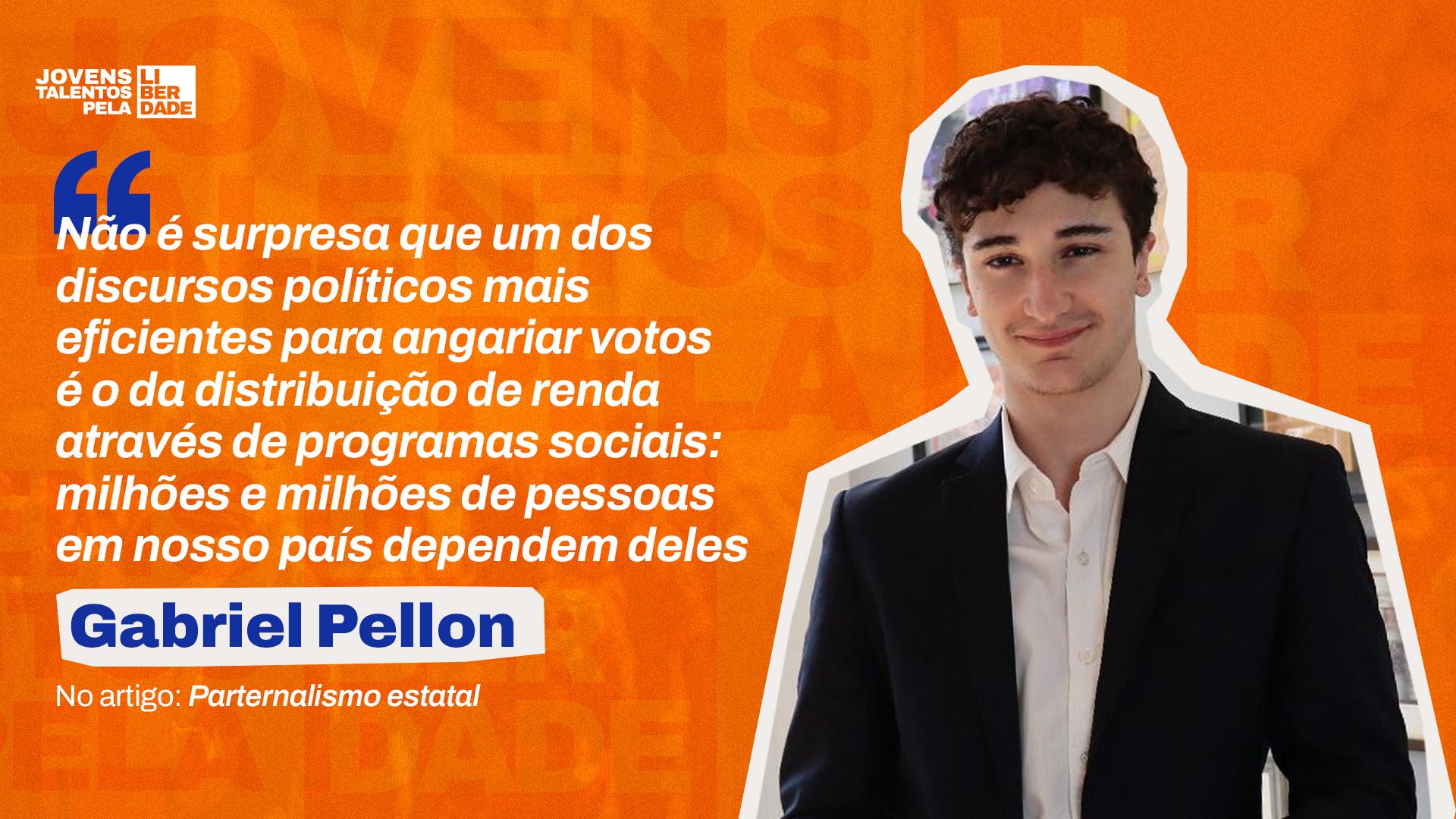Growing up in Copacabana, Rio de Janeiro, I was constantly aware of serious public safety problems
That probably played a big role in my choice of profession and specialization. Rio is a microcosm of Brazil, and Copacabana is even more so. Not far from where I grew up, on the Cantagalo Hill, sit three of the hundreds of slums of Rio, the favelas. From my living room window I could see one of the city’s most beautiful beaches, but sometimes poverty and crime were even more apparent.
I grew up close to, surfed with, and even had friends who lived in the neighboring favelas. These areas are the sad nationwide manifestation of income inequality in a country that, despite all efforts to redistribute income, remains one of the most unequal in the world. However, Rio’s favelas are special; the largest in the country, they are a startling embodiment of failed government policies.
Part of early education in Rio is learning about crime, for some how to avoid it and for others, sadly, how to perpetrate it. I had my first practical lesson at 11 after being robbed on the way back from school. As part of crime avoidance instruction, I quickly learned where to go and not go. Many areas of the city were off limits not only for me, but for most government services including those providing sanitation, trash collection and more importantly policing.
It is true that police do not wander around very much in Compton or south central Los Angeles in the United States, but the magnitude of our Brazilian problem is much larger. Apart from brief incursions, security forces would sometimes be entirely absent from many large portions of the city. For instance, until November 2011, Rocinha, the largest slum in Latin America with approximately 120,000 residents, was not under government control.
Most favelas are controlled by large organized crime factions such as the Comando Vermelho and Terceiro Comando. Like Mexican or Colombian drug cartels, these organizations are mostly involved with drug trafficking. However, as Brazil is neither a producer of cocaine nor a major drug route, that description may understate their power. Given that my country is the second largest consumer of cocaine in the world and that Rio is its second largest city, these organizations are very powerful criminal enterprises.
To my amazement, instead of contempt for cartel members, I frequently perceived a feeling of admiration and sometimes even respect for the crime lords among my acquaintances living in the favelas. As I came to learn, the Brazilian drug cartels used their financial power not only to corrupt public officials, but also to provide a minimum safety net (or the appearance of one) as well as sponsor events for the local community. Think Pablo Escobar with less money. Of course these social policy offerings were not selfless, as drug dealers ruling the favelas know that even if they rule by fear in general, respect and admiration from their subjects are also necessary.
As I learned at 15, after successfully pleading for the return of my stolen bicycle before the head of a nearby favela, the cartels would also be the arbitrators of disputes and judges of a proto criminal justice. Though it may look like it, I was not the victim of property crime every other week. Indeed, the “Tribunais do Tráfico,” Cartel Tribunals, exacted swift (and frequently capital) punishment to anyone involved in traditional offenses, such as robbery, rape and murder in addition to unorthodox ones such as “snitching,” losing a firearm or stealing from the proceeds of drug sales.
Do not worry; the guy who robbed my bike didn’t suffer any consequence at all, much less capital punishment. Crimes in the wealthy areas, however, could prompt very harsh punishment if scandalous enough to attract police attention and disrupt regular drug businesses.
So what exactly was the policing strategy towards the favelas? Police would only enter them for two reasons: arresting drug dealers or capturing criminals accused of committing shocking crimes in wealthy areas. In both cases it took the form of armed incursions culminating with the arrest or death of alleged criminals and the seizure of guns and drugs. Curiously, money was a much rarer find in these operations.
As infrequent and short as the police raids were, they were not harmless. The government forces faced strong resistance in the form of shootouts to enter favelas guarded by heavily armed drug dealers. The government’s answer to the cartels’ firepower was to equip its officers with big caliber rifles and armored vehicles only found in war zones.
With both sides brandishing war equipment, confrontations started to look more and more like urban warfare, and the intrinsic collateral damage of rifle shootouts in very densely populated residential areas became exponentially more obvious. Children, women and men were frequently injured on their way to and from work or school.
William Stuntz, a recently deceased Harvard Law professor, used to argue in his courses that poor people in the United States seemed to get too little of the policing they needed and too much of the one they did not. As his student, I frequently sat in class thinking not only how insightful he was, but how his words applied to the people living in the favelas of my city. Not surprisingly, the immediate result of police raids was not to weaken the cartels, as criminals would return (or be replaced) as soon as the police left. It served two other purposes. The incursions shaped favelas’ perceptions of police as that of an outside aggressor that would disrupt normality, fail to solve the criminality problem and charge a high price in innocent lives. These raids also brutalized the way policemen discharged their duties. Even the Public Safety Secretary of Rio de Janeiro, José Mariano Beltrame, recently conceded it can be challenging to adapt the mentality of police officers trained to fight a war into protecting and serving a community. The challenge is particularly difficult in the case of my city, especially when considering a 2009 Human Rights Watch publication claiming our police are amongst the most lethal in the world.
But Brazil has improved drastically as a country in the last five years, from a sleeping giant to a rising superpower with major oil reserves. Recently it also won the bid for the two largest sport events in the world, the World Cup and the Olympics. With Rio hosting both, the government is gathering considerable momentum for major infrastructure and public safety reform. New roads and subway lines are being built as well as a new policing strategy set up to make cariocas, Rio’s population, and the many future visitors safer.
This new strategy is called Unidades de Polícia Pacificadora (UPPs), which stands for Pacifying Police Units and consists of a dramatic shift from the historic trend. Instead of occasional police raids with high collateral damage, police would now be a permanent presence in favelas. The implementation started timidly in the areas close to Rio’s wealthiest areas such as the ones on the Cantagalo Hill. After an initial warning for drug dealers to leave or suffer the consequences, police would occupy the territory, set up a physical base (the UPP) and maintain a contingent of men in the area.
Innovations in policing were not only restricted to permanent police presence in the favelas. To address corruption concerns, UPP forces were mostly comprised of newly hired recruits, who were allegedly untainted. Further, policemen detached to the UPP areas receive financial incentives and, in a way very similar to CompStat, some policemen in Rio receive bonuses of up to U.S. $3,500 if crime reduction targets are achieved.
Two years after the initial launching, according to my friends, Rio’s taxi drivers, and government statistics, the results of the UPPs were positive. People living outside of the pacified favelas are indeed feeling more secure. Nevertheless, the inhabitants of more distant outskirts and upstate Rio are not that happy, as fleeing criminals have made these areas less safe.
From the perspective of state-building and rule of law the initiative also seems to be a very positive experience. With territorial control, other branches of government are able to enter the communities and basic services such as trash collection and electricity can be more easily provided and paid for. Land registry reform is also under way, so that citizens obtain formal title for their de facto property.
Even with all the improvements mentioned, the road ahead is full of challenges for the UPPs, starting with the quality of policing services offered by the new occupiers. After decades of fighting a war, Rio’s police neglected its regular community policing and investigative roles. It only solves 14% of homicides, whereas its American and European counterparts are closer to 70 percent.
Unfortunately, inefficiency is not the most serious concern for the newly occupied favelas. The same lack of accountability involved in the creation of one of the most brutal police forces in the world allowed police officers to start running criminal rackets specializing in extortion, sale of illegal firearms and narcotics as well as other crimes. These are the Milícias, “not so paramilitary” groups formed by active and expelled police officers that have been driving the cartels out of favelas even before the UPPs were conceived. But instead of bringing the rule of law, these corrupt policemen would become the new tyrant, charging “security fees” and monopolizing crucial commercial activities such as cooking gas sales and pirate cable television.
The Brazilian government minimized the Milícias problem at first, dismissing it as a legitimate self-defense initiative used by communities to get rid of their oppressors. Perceptions changed drastically, however, as alleged Milícia leaders won seats at the municipal assembly by extorting votes, while the head of a police battalion (and a militia member) allegedly ordered the assassination of a judge. The member of the State congress who publicly denounced them fled the country after repeated threats on his life.
If the forces that now have territorial control of the favelas prove only to be the new oppressor, and one that provides worse services in some cases, this will shatter people’s hopes of liberation and perpetuate their long history of victimization. We risk obfuscating a well conceived democratic police strategy with the legacy of corruption, violence and inefficiency.
But there still is a way to the hearts and minds of the favelas. It is a challenging one for Rio’s police, paved with reformed internal accountability mechanisms and revised spending priorities favoring training and community partnership in place of weapons and armored vehicles. If police seize this precious opportunity to serve and protect its new clients, the favelas will certainly associate it with justice and liberation instead of the old feelings of fear and oppression.
Fonte: ReVista – Harvard Review of Latin America







Sem Comentários! Seja o primeiro.